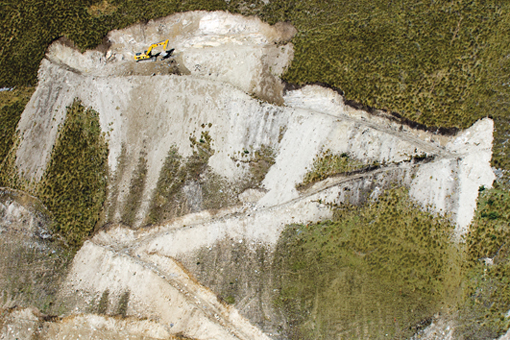A country’s ownership of rich natural resources is not necessarily a blessing. It presents a set of extraordinary challenges for policy makers. Bonanzas in foreign exchange all too easily create overvaluation and undermine efforts at economic diversification. At the socio-political level, mineral exploitation provokes intractable social conflicts, while the prospect of environmental contamination is ever-present.
The problems in institutional development and the associated political economy become magnified when a country possesses resources that are concentrated in a specific point—a mine, for example—often far from more traditional economic centers. We refer to these as point-source extractives; their spatial constraints bring particular challenges. Successful management of the extractive sector requires sophisticated institutions, strong incentives and politicians committed to fruitful development. But in the long term, dependence on extractives tends to undermine precisely the institutions and the political will that are crucial for equitable and sustainable growth.
As a result, extractive resources and the activity they generate typically lead to poor policy outcomes. We support this conclusion using comparative material from Bolivia, Chile and Peru drawn from our recently published study—The Developmental Challenges of Mining and Oil: Lessons from Africa and Latin America (Palgrave Macmillan, 2012).1
All primary resource booms pose challenges to policy at the national and local levels, but extractives are exceptionally challenging in their institutional needs at the local level…





